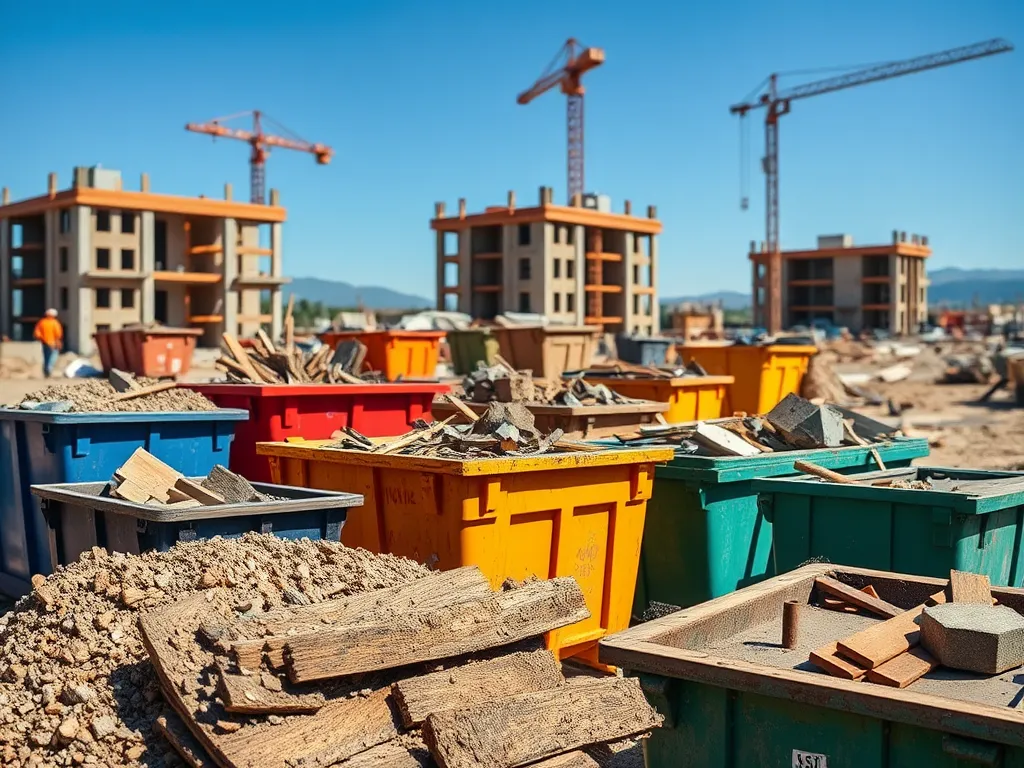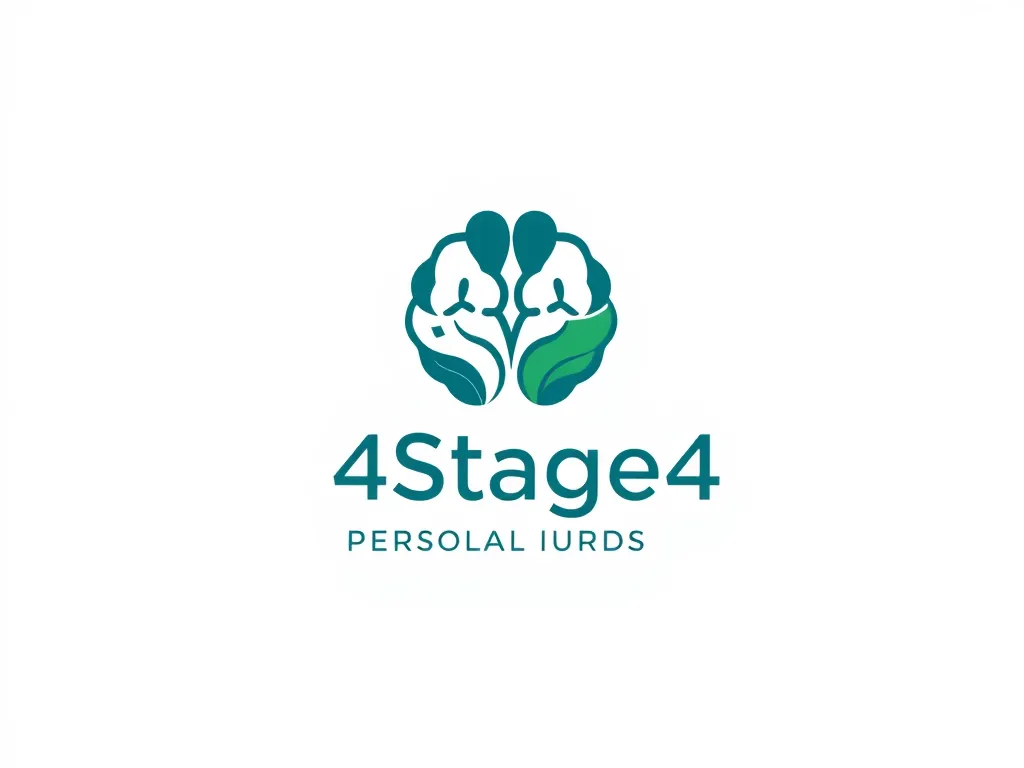Your Ultimate Guide to Roll-off Dumpsters for Projects

The Complete Guide to Roll-off Dumpsters
Roll-off dumpsters are a vital resource for managing waste efficiently in various settings, from residential to commercial and construction projects. These large containers are designed to be easily transported by specialized trucks, making them ideal for disposing of bulk waste in a convenient manner.
For large-scale renovations, using a Roll-off (dumpster) is essential for efficient waste management and site cleanliness.
The use of roll-off dumpsters has surged in popularity due to their ability to handle significant volumes of debris. From home renovations to large-scale construction sites, they serve as an effective solution for debris management. Their open-top design allows for easy loading of waste materials, which can include everything from old furniture to construction leftovers, making them incredibly versatile.
Roll-off dumpsters come in various sizes and types, catering to the specific needs of different projects. Whether you're a homeowner tackling a remodeling job or a contractor managing a construction site, there’s a roll-off dumpster designed to meet your needs. Understanding the types available can help you choose the right one for your project.
Beyond their practical function, roll-off dumpsters also encourage responsible waste disposal. By providing a designated place for waste, they help minimize littering and illegal dumping, promoting a cleaner environment. This aspect is especially important for communities aiming to maintain cleanliness and reduce landfill overflow.
In summary, roll-off dumpsters are more than just containers; they are essential tools for effective waste management across a variety of applications. Their convenience, ease of use, and ability to handle diverse waste types make them indispensable for both homeowners and businesses alike.
Types of Roll-off Dumpsters
Residential roll-off dumpsters are specifically designed for home-related projects such as renovations, cleanouts, and yard work. These smaller models typically range from 10 to 20 yards in size and are perfect for disposing of household waste, old appliances, and yard debris. Homeowners can benefit from having a dedicated space to manage waste during their projects.
Commercial roll-off dumpsters are intended for businesses that generate large amounts of waste, such as retail stores, offices, and restaurants. Available in various sizes, they can handle everything from cardboard and packaging materials to furniture and equipment. These dumpsters help businesses maintain cleanliness and manage waste efficiently.
Construction roll-off dumpsters are robust containers designed to handle heavy materials typical in construction sites. These dumpsters usually range from 20 to 40 yards and can accommodate materials like concrete, bricks, and steel. Their durability and size make them essential for contractors seeking to keep job sites organized and safe.
Specialty roll-off dumpsters are tailored for specific types of waste, such as those used for recycling or hazardous materials. These dumpsters may have unique features to comply with environmental regulations, making them ideal for projects that require the disposal of specific waste types responsibly.
How to Rent a Roll-off Dumpster
Choosing the right size dumpster is crucial for ensuring you have enough space for your waste without overpaying for unused capacity. Begin by estimating the amount of waste you expect to generate and consult with rental services to determine the appropriate size. Sizes typically range from 10 to 40 yards, depending on the scope of your project.
Understanding rental terms and conditions is essential before finalizing your rental. Review important details such as rental duration, fees, weight limits, and what types of materials are permitted in the dumpster to avoid any unexpected charges or complications during your rental period.
Finding local dumpster rental services can be done through online searches, local directories, or word-of-mouth recommendations. Look for reviews and ratings to compare services, and don’t hesitate to reach out to multiple companies for quotes to ensure you're getting the best deal.
When comparing rental prices, consider additional factors such as delivery and pick-up fees, weight limits, and extra charges for exceeding those limits. It's also wise to ask about any discounts or promotions that might be available, allowing you to choose the most cost-effective option.
Uses of Roll-off Dumpsters
Home renovation projects often generate substantial waste, making roll-off dumpsters an ideal solution. Whether you're remodeling a kitchen or clearing out a basement, having a designated space for debris ensures a smoother and more organized process.
Yard clean-up services benefit from roll-off dumpsters by providing a convenient way to dispose of leaves, branches, and other landscape debris. Homeowners can tackle seasonal cleanup efficiently without cluttering their properties.
In construction site waste management, roll-off dumpsters play an essential role in keeping job sites tidy and safe. By providing a centralized area for waste disposal, workers can maintain an efficient workflow and minimize hazards associated with debris lying around.
Event clean-up solutions also utilize roll-off dumpsters to manage waste generated by gatherings such as festivals, concerts, and weddings. These dumpsters provide a practical way to handle waste on-site, ensuring that venues remain clean and that waste is processed properly afterward.
Benefits of Using Roll-off Dumpsters
One of the primary benefits of using roll-off dumpsters is the convenience they offer in waste disposal. They can be placed on-site, allowing for easy access and loading, which eliminates the need for multiple trips to a disposal facility.
Roll-off dumpsters save time for large projects by allowing waste to be disposed of quickly and efficiently. This documented efficiency can lead to faster project completion, which is a significant advantage for both homeowners and contractors.
Cost-effectiveness is another advantage, as roll-off dumpsters often represent a cheaper solution compared to regular pickup services, especially for large quantities of waste. By consolidating waste disposal into a single rental fee, individuals and businesses can save money in the long run.
Environmental considerations are increasingly important in waste management. Roll-off dumpsters promote responsible waste disposal by providing a dedicated space for waste that is later sorted and processed properly, reducing landfill overflow and enabling recycling efforts.
Roll-off Dumpster Regulations
Before renting a roll-off dumpster, it’s essential to understand local ordinances and permit requirements. Some areas may require permits for dumpster placement, especially on public property, to ensure compliance with local regulations.
Weight limits and disposal laws are critical factors to consider when using roll-off dumpsters. Exceeding weight limits can result in extra fees or damage to the vehicle transporting the dumpster, so it's crucial to stay informed of these restrictions.
Hazardous waste disposal rules must also be adhered to, as certain materials cannot be placed in regular roll-off dumpsters. Familiarize yourself with what constitutes hazardous waste to avoid legal repercussions and ensure safe disposal.
Neighborhood guidelines for dumpster placement may be in place in residential areas. These guidelines help maintain aesthetics and public safety by dictating where dumpsters can be located and for how long. Always check applicable guidelines before placement.
